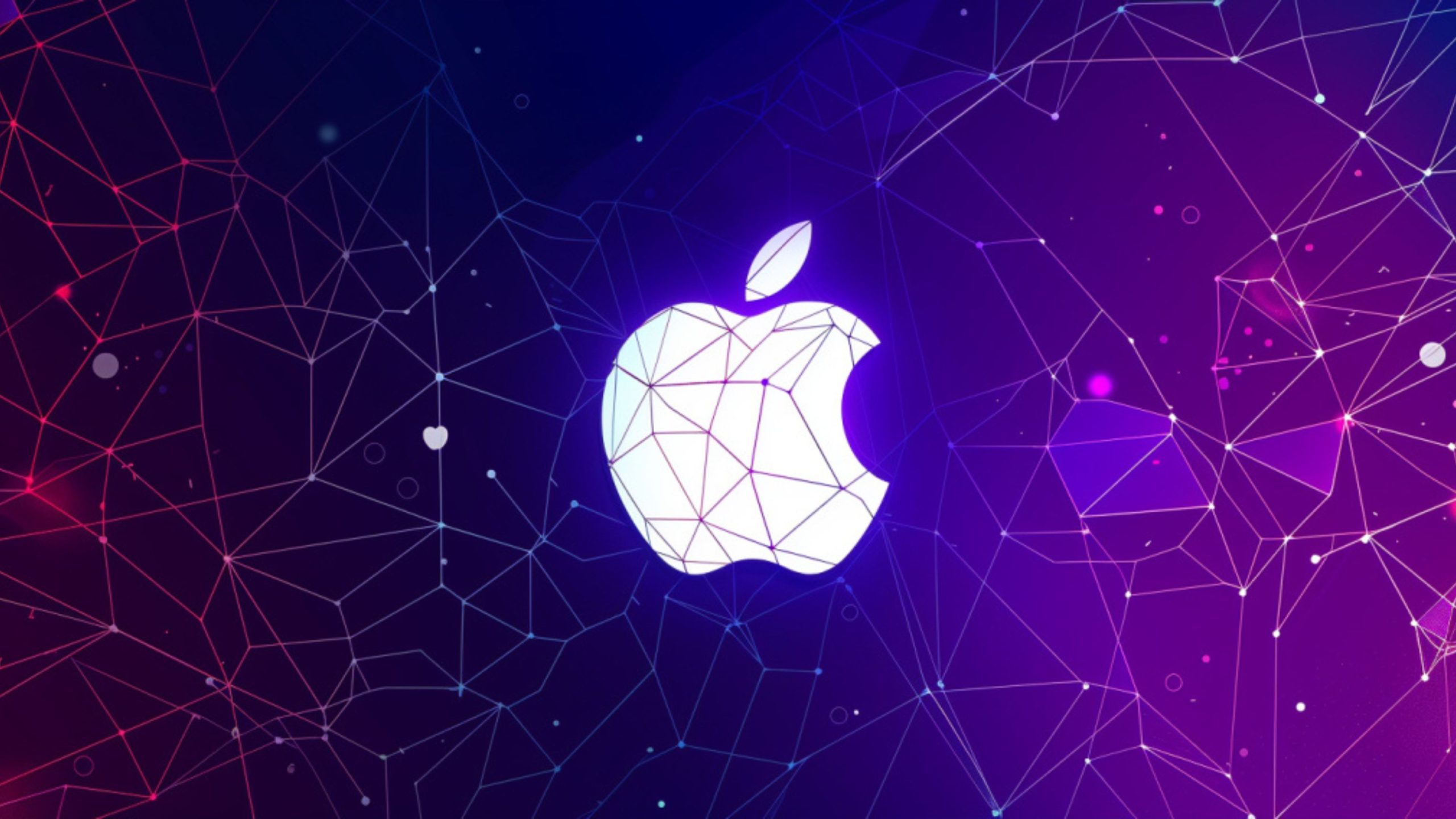A legal challenge targeting Apple’s iCloud practices is moving forward after a federal judge reversed an earlier decision to dismiss the case. The lawsuit, which centers on allegations of antitrust violations, has been revived following a revised complaint that brings new evidence to the table.
We obtained a copy of the ruling for you here.
The case, first brought in March 2024, accuses Apple of leveraging its control over iCloud to maintain a monopoly, a move that plaintiffs argue breaches the Sherman and Clayton Acts. They claim users of Apple devices are locked into using iCloud for certain backup functions, thereby limiting meaningful competition in the cloud storage market.
Judge Eumi Lee of the US District Court in San Jose initially threw out the lawsuit in March 2025.
However, she allowed plaintiffs to refile, and now says their amended filing includes “substantial new allegations.”
The updated complaint specifically highlights restrictions on data types like device settings, which can only be backed up through iCloud, something Apple’s earlier defense did not directly address.
Apple previously contended that users are not forced to use its service, pointing to the availability of other storage options. But the new filing argues otherwise, stating that users are effectively steered toward iCloud and away from alternatives, which plaintiffs argue are often superior.
Timing also became a point of legal debate. Apple’s attorneys had maintained the case was filed too late under antitrust statutes that impose a four-year limit.
Judge Lee disagreed, noting the lead plaintiff initiated the suit within four years of their first iCloud use. Still, she noted that the timing question remains unresolved and may need further examination “because it is unclear when Plaintiffs’ claims accrued and whether Apple engaged in a continuing antitrust violation.”
The complaint also disputes Apple’s framing of user freedom, asserting that consumers rarely choose competitors, not because of preference, but due to Apple’s ecosystem design. Plaintiffs claim this strategy amounts to coercion.
Apple has yet to comment on the latest developments. The court has given the company until July 7, 2025, to submit its official response.








